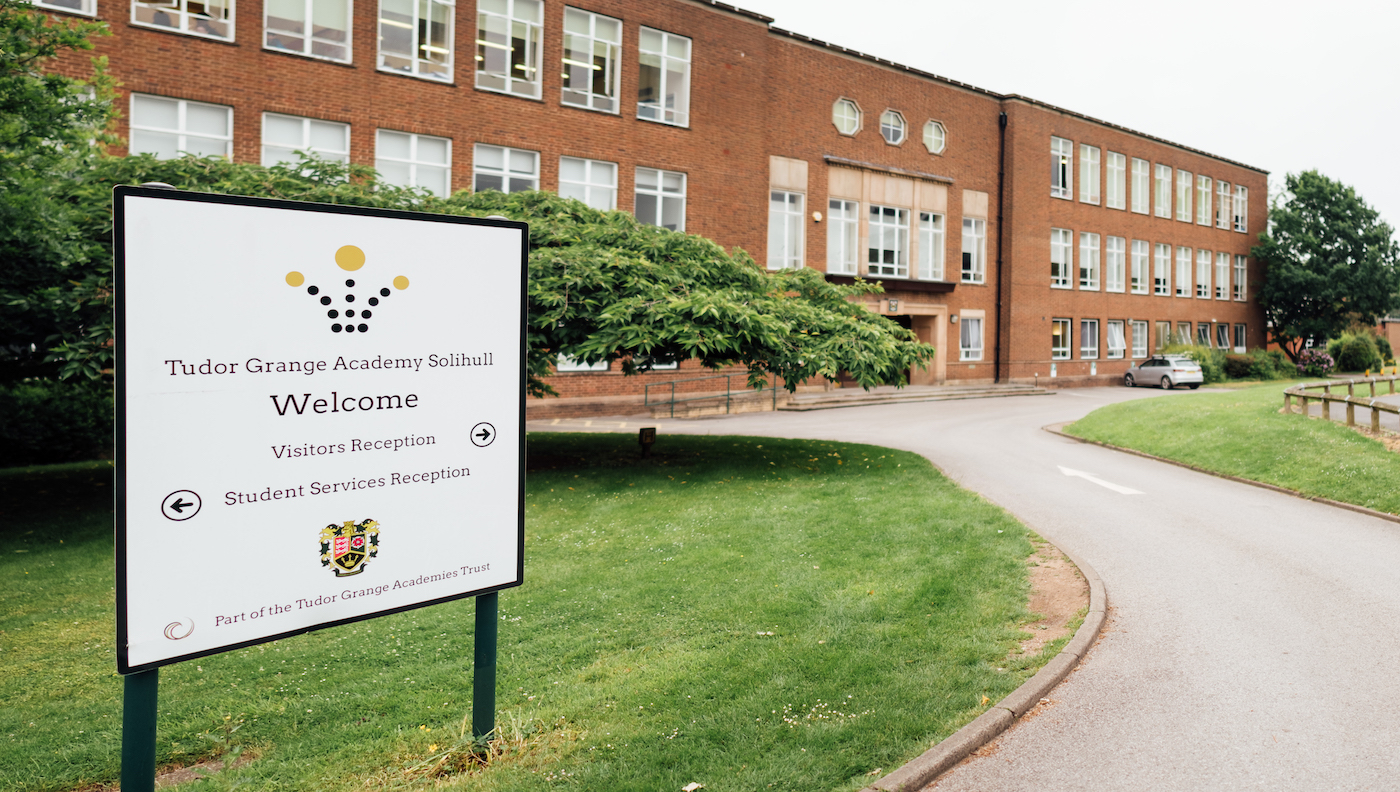Photography

Mission Statement
Photography offers a unique opportunity to explore a wide range of skills and techniques, using a range of photography methods and creative techniques. This includes; digital and hand manipulation methods, drawing and experimental processes when developing and producing work
Photography is a strong subject, with many career links and opportunities in today’s ever changing society. The course benefits students who are interested in a career in; media, the film industry, journalism, sports photography, medical photography, theatre design, fashion and interior design and many more.
Students will explore elements of visual language, line, form, colour, pattern and texture in the context of Photography. They will develop their ability to respond to an issue, theme, concept or idea, or work to a brief through experimentation of viewpoint, composition, aperture, depth of field, shutter speed and movement. Students will explore appropriate use of the camera, film, lenses, filters and lighting for work in their chosen area and develop an understanding of techniques related to the production of photographic images as well as presentation and layout. Students will develop character through Photography lessons by studying the subject in its historical and contemporary contexts across different societies and cultures. We explore the many ways creative expression is inspired by or a reaction to a vast range of individual, social, historical, environmental, ethical and moral issues and how visual artists explore the themes of tolerance, unity democracy and respect. Students will have the opportunity to explore a variety of different Photographers and Photography movements and encouraged to respond in a personal way, developing their own visual language. They will use manual and digital manipulation techniques and will have the opportunity to visit galleries and exhibitions as well as experience talks and workshops from industry professionals. Students are encouraged to develop their ideas through investigations informed by selecting and critically analysing sources and apply an understanding of relevant practices in the creative and cultural industries to their own work.
Overview of Year 9
The course encourages students to push the boundaries of their own abilities, taking risks, learning through experimentation and adapting work to create excellent outcomes. As part of the course students will study the work of other photographers who may influence and inform their own work, analysing what they do and how it has informed their own ideas and development. Year 9 introduces students to the rules of composition, the basics of Photoshop and both digital and manual image manipulation. Students will research photographers and put these skills into practice using their own creative perspective.
Parents can find more information on the specific topics covered in each unit by looking at the learning overviews that are stuck into students’ books at the start of each half term.
Overview of Years 10 & 11
Year 10 Learning Journey – Autumn 1
Year 10 Learning Journey – Autumn 2
Assessment Objectives:
- AO1: Develop ideas through investigations, demonstrating critical understanding of sources.
- AO2: Refine work by exploring ideas, selecting and experimenting with appropriate media, materials, techniques and processes.
- AO3: Record ideas, observations and insights relevant to intentions as work progresses.
- AO4: Present a personal and meaningful response that realises intentions and demonstrates understanding of visual
Year 10: Students will explore the Digital SLR cameras and manual techniques. Students are encouraged to apply creative, analytical and critical thinking and problem solving, in order to visually communicate ideas through photography. Students will develop critical analyses of artists’ work helping to develop their own ideas through reaction, practical application and written reflections, looking at a range of contemporary photographers.
Students will learn about a variety of photographic media, techniques and processes including hands-on experimentation, lighting in our studio and use computers for Photoshop and digital media, utilising these techniques and equipment, to make brilliant images.
Year 11: Students will select a starting point to respond to in order to produce a body of work which will cover the following:
Exam Unit:
Students will develop an Exam Unit body of work in response to a theme provided on an exam paper by AQA.
Ideas will be informed by an understanding of their research and context. Students will develop and refine their ideas through experimentation, using a range of relevant resources, media, material, techniques and processes.
Students will have 10 hours (2 school days) of controlled assessment time to produce an ambitious, large-scale final piece as a personal response to their chosen theme.
Assessment
Component 1: Portfolio of work – 60%.
This is made up from a selection of thematic projects and workshops the students complete over the course. This usually consists of a minimum of two sketchbooks (digital or practical) and final pieces that accompany the work.
Component 2: Externally set assignment – 40%.
This is set in Year 11 by the Exam Board. Students will choose one starting point out of the seven they are provided with. They will then have a preparatory period where they will cover all four of the assessment objectives, which is usually completed in a sketchbook. They will then conclude this component with a 10 hour practical examination, during which they complete their final piece.
The exams and non-exam assessment will measure how students have achieved the following assessment objectives:
We follow the AQA specification at GCSE. A comprehensive overview of the GCSE course curriculum can be accessed here: https://www.aqa.org.uk/subjects/art-and-design/gcse/art-and-design-8201-8206
Extra-Curricular Opportunities
The Photography department provides a range of extra-curricular opportunities for students such visits to galleries, exhibitions, Photography industry shows, talks and workshops from visiting Artists and creative professionals. Previous trips have included viewing public works of art and exhibitions in Birmingham, Liverpool and London, as well as exciting residential trips to Paris and Ingestre Hall.
Students are provided with the opportunity to participate in a range of competitions with wide-ranging creative briefs both locally and nationally. Students have the opportunity to participate in exhibitions and shows.